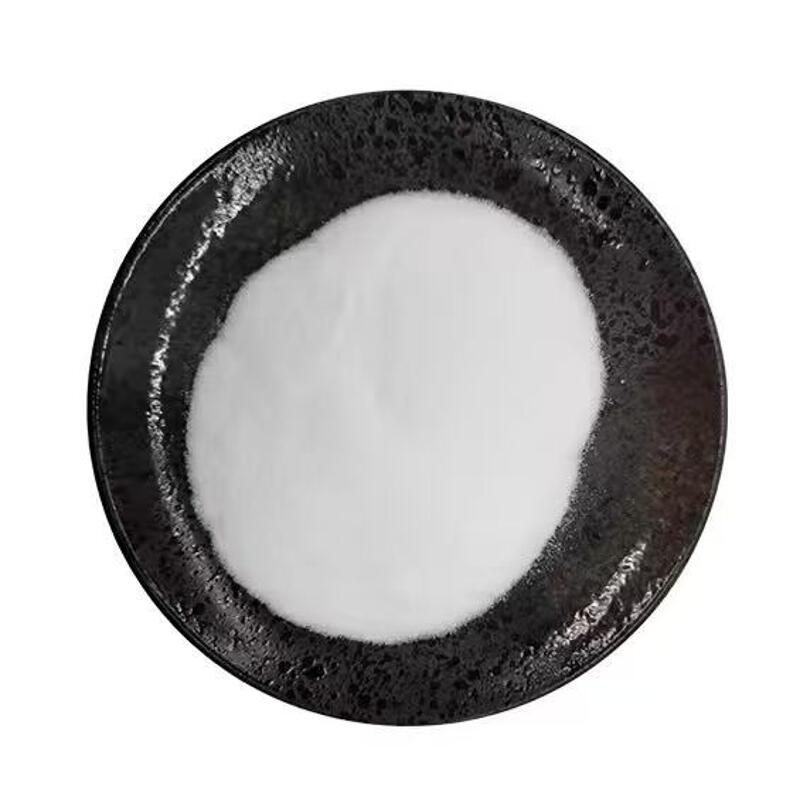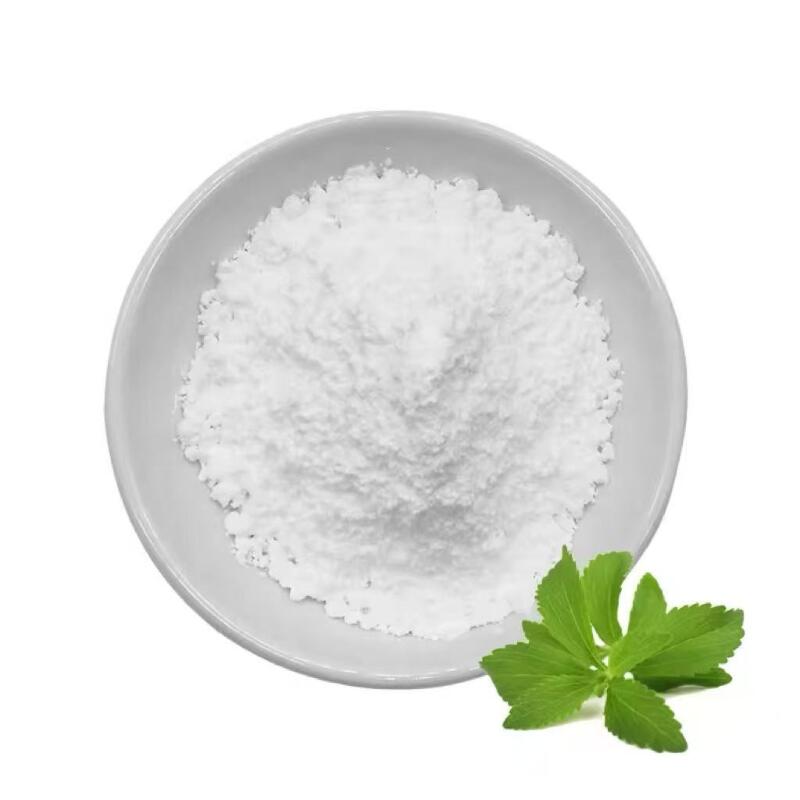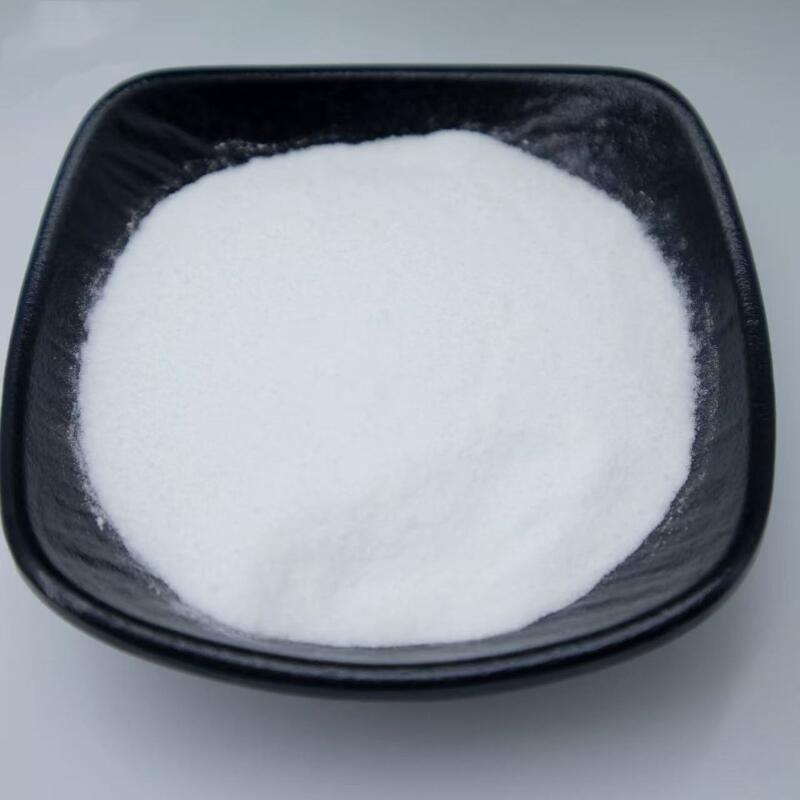-
Categories
-
Pharmaceutical Intermediates
-
Active Pharmaceutical Ingredients
-
Food Additives
- Industrial Coatings
- Agrochemicals
- Dyes and Pigments
- Surfactant
- Flavors and Fragrances
- Chemical Reagents
- Catalyst and Auxiliary
- Natural Products
- Inorganic Chemistry
-
Organic Chemistry
-
Biochemical Engineering
- Analytical Chemistry
-
Cosmetic Ingredient
- Water Treatment Chemical
-
Pharmaceutical Intermediates
Promotion
ECHEMI Mall
Wholesale
Weekly Price
Exhibition
News
-
Trade Service
Fructooligosaccharides (FOS) are a type of oligosaccharides that are commonly found in many fruits and vegetables.
They are known for their many health benefits, including being a natural prebiotic that can promote the growth of beneficial bacteria in the gut.
As a result, FOS has become an increasingly popular ingredient in many food products, such as yogurt, baby formula, and cereal.
The chemical industry has developed several synthetic routes for the production of FOS.
The most common method is the enzymatic hydrolysis of sucrose, which involves the use of enzymes to break down sucrose into its component monosaccharides, fructose and glucose.
The fructose is then converted into FOS through a series of chemical reactions.
Another synthetic route for the production of FOS involves the use of microbial fermentation.
This process involves the use of microorganisms, such as bacteria or yeast, to convert sucrose or other sugars into FOS.
This method is often used in the manufacture of FOS for use in the food industry, as it can be more cost-effective than the enzymatic hydrolysis method.
In addition to the synthetic routes mentioned above, there are also several other methods that have been developed for the production of FOS.
These include the use of genetic engineering techniques to produce FOS in yeast or bacteria, and the chemical synthesis of FOS in the laboratory.
No matter which synthetic route is used, the final product must be purified and processed to ensure that it is safe for use in food products.
This typically involves several stages of filtering and refining to remove any impurities and to ensure that the FOS meets all necessary quality and safety standards.
The demand for FOS is expected to continue to grow in the coming years, as more research highlights its many health benefits.
As a result, the chemical industry will likely continue to develop new and more efficient methods for its production.
In conclusion, Fructooligosaccharides are a type of oligosaccharides that are commonly found in many fruits and vegetables.
They are known for their many health benefits, including being a natural prebiotic that can promote the growth of beneficial bacteria in the gut.
The chemical industry has developed several synthetic routes for the production of FOS, including enzymatic hydrolysis, microbial fermentation, genetic engineering and chemical synthesis.
The final product must be purified and processed to ensure that it is safe for use in food products.
The demand for FOS is expected to continue to grow in the coming years, as more research highlights its many health benefits.
As a result, the chemical industry will likely continue to develop new and more efficient methods for its production.







